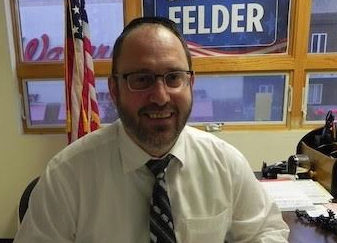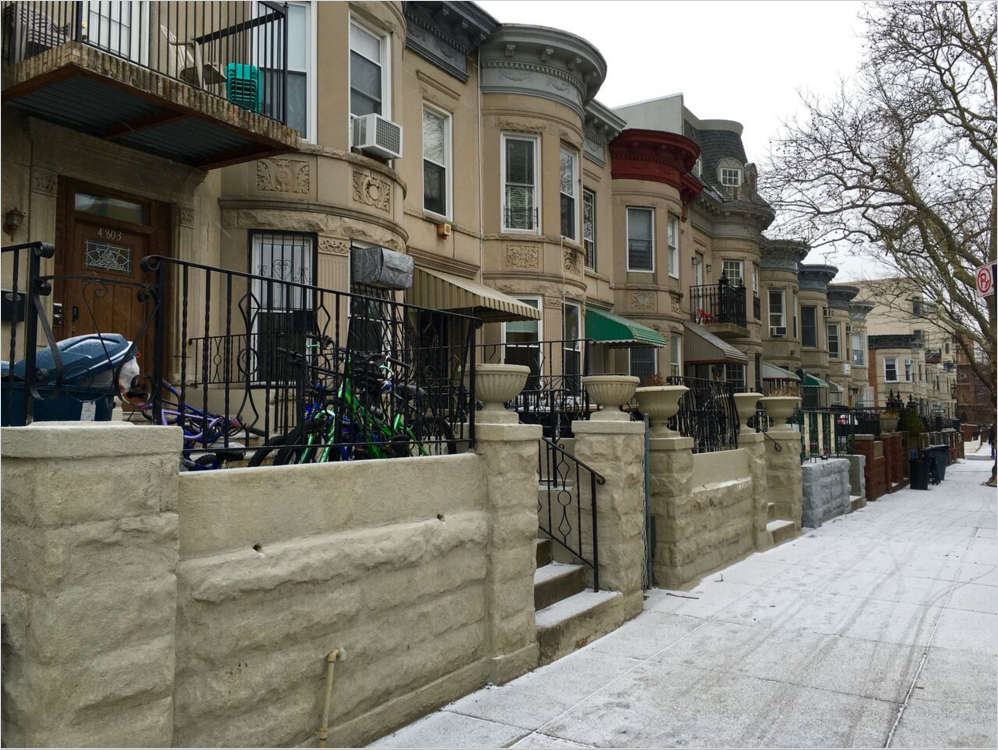What IDC-Democratic reunion would mean for Brooklyn

Brooklyn political circles were abuzz Wednesday morning, following a New York Times article on a pending reunification of the State Senate’s Democratic Conference and the group of breakaway lawmakers called the Independent Democratic Conference (IDC).
The Times reported that state Sen. Andrea Stewart-Cousins, leader the main group of Democrats, and state Sen. Jeff Klein, IDC chairman, had reached a tentative agreement to have IDC’s eight members rejoin their Democratic brethren.
The details still have to be worked out, but the agreement called for the IDC to be dissolved, according to the Times. Under the new agreement, Stewart-Cousins would be the Democratic leader of the state Senate and Klein would be her deputy leader, the Times reported.
